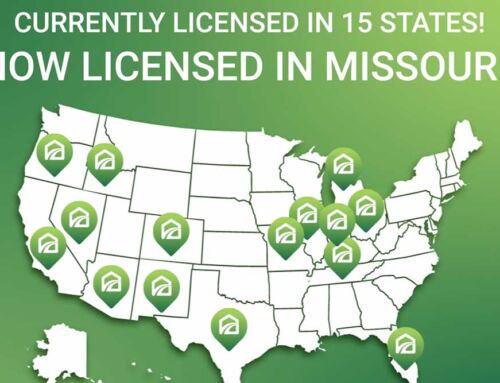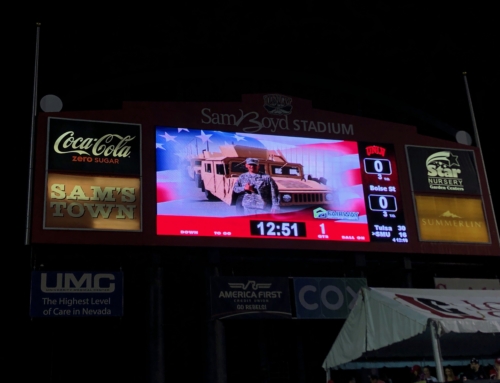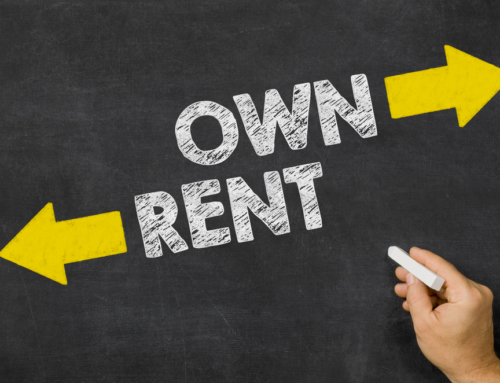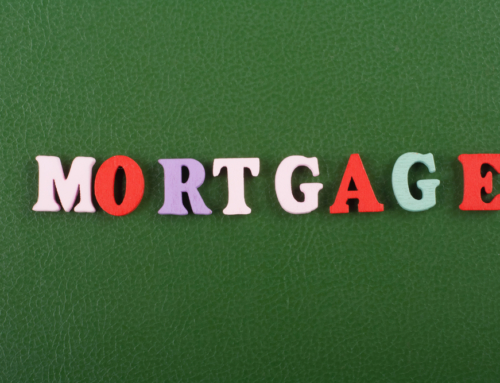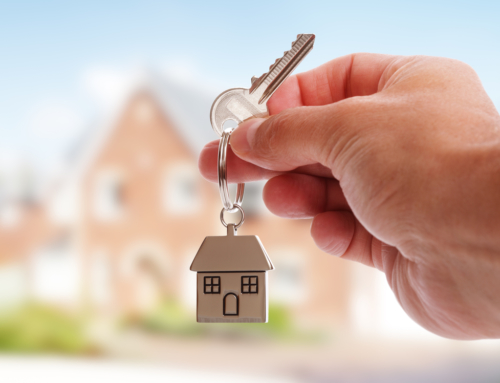When you buy a house, it is likely that you will need to make a down payment. Depending on the lender’s requirements, this payment could be anywhere from 3.5% up to 20% of the home’s purchase price. In some cases, lenders won’t require you to put any money down at all. A loan officer in Las Vegas can help you when you’re ready to start buying. Before then, let’s look at some factors to consider when deciding on how much to put down at closing.
Larger Down Payments Can Lead to Greater Equity
Having equity in your home can make it easier to sell in the future since you will owe less on your mortgage than your home is worth. By making a down payment of 20% or more, you could eliminate the need for private mortgage insurance and get better interest rates on your loan. Furthermore, having additional equity in your home may allow you to borrow against it in the future.
Don’t Pay More Than You Can Afford
Ideally, you will have money left over in your savings account after making a down payment and accounting for other closing costs such as paying property taxes and buying homeowner’s insurance. If you can only afford to put 3% or 5% down, you should aim to find a loan and lender that will accept a lower Las Vegas down payment. While your monthly payment may be higher, you are better off keeping money in the bank to avoid being house poor.
Many Different Loan Types Are Available
Your loan officer can tell you more about the down payment requirements on different mortgage loan products. In some cases, a lender will accept a lower down payment if you have sufficient income or assets that reduce the risk of default.

